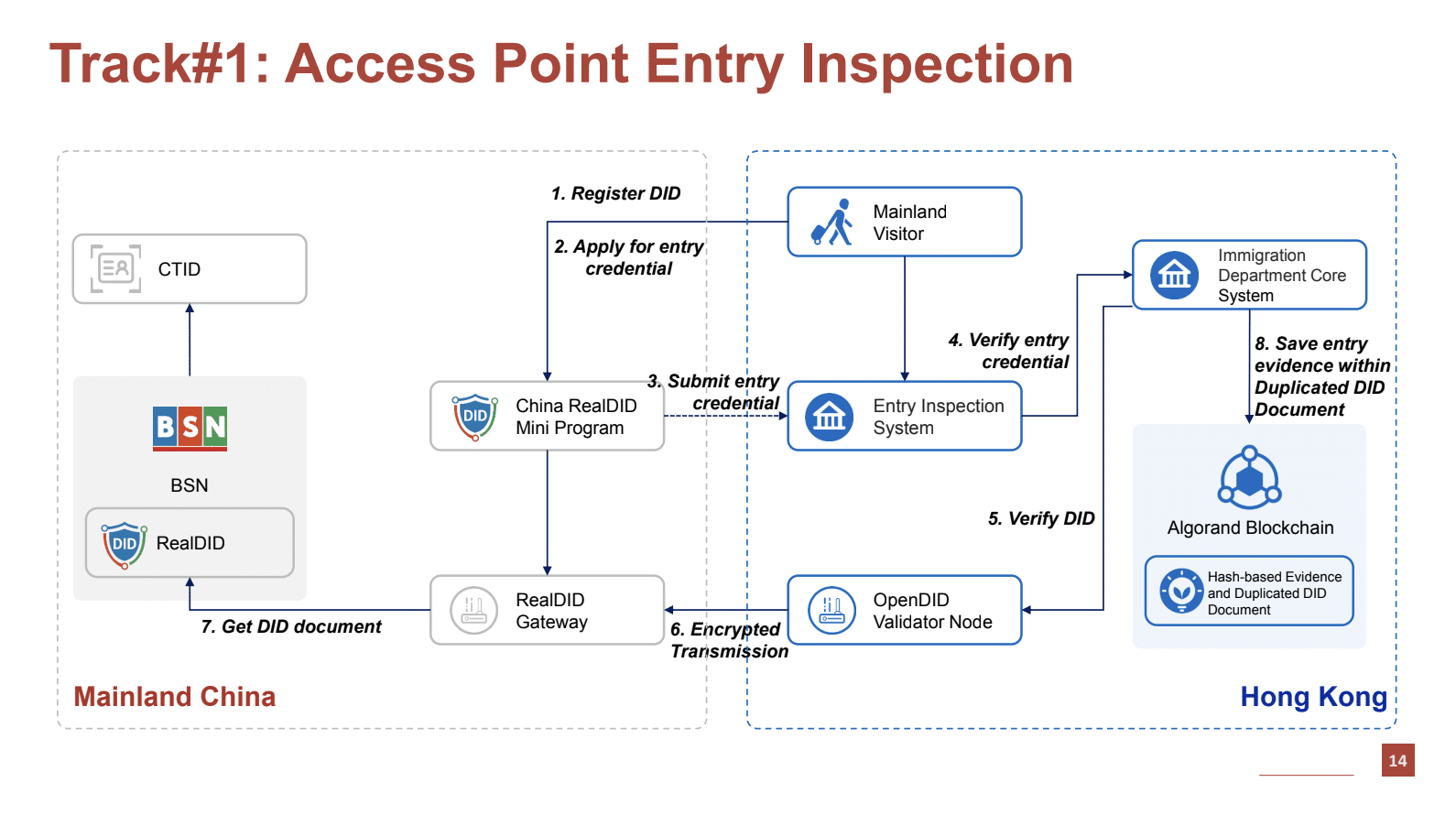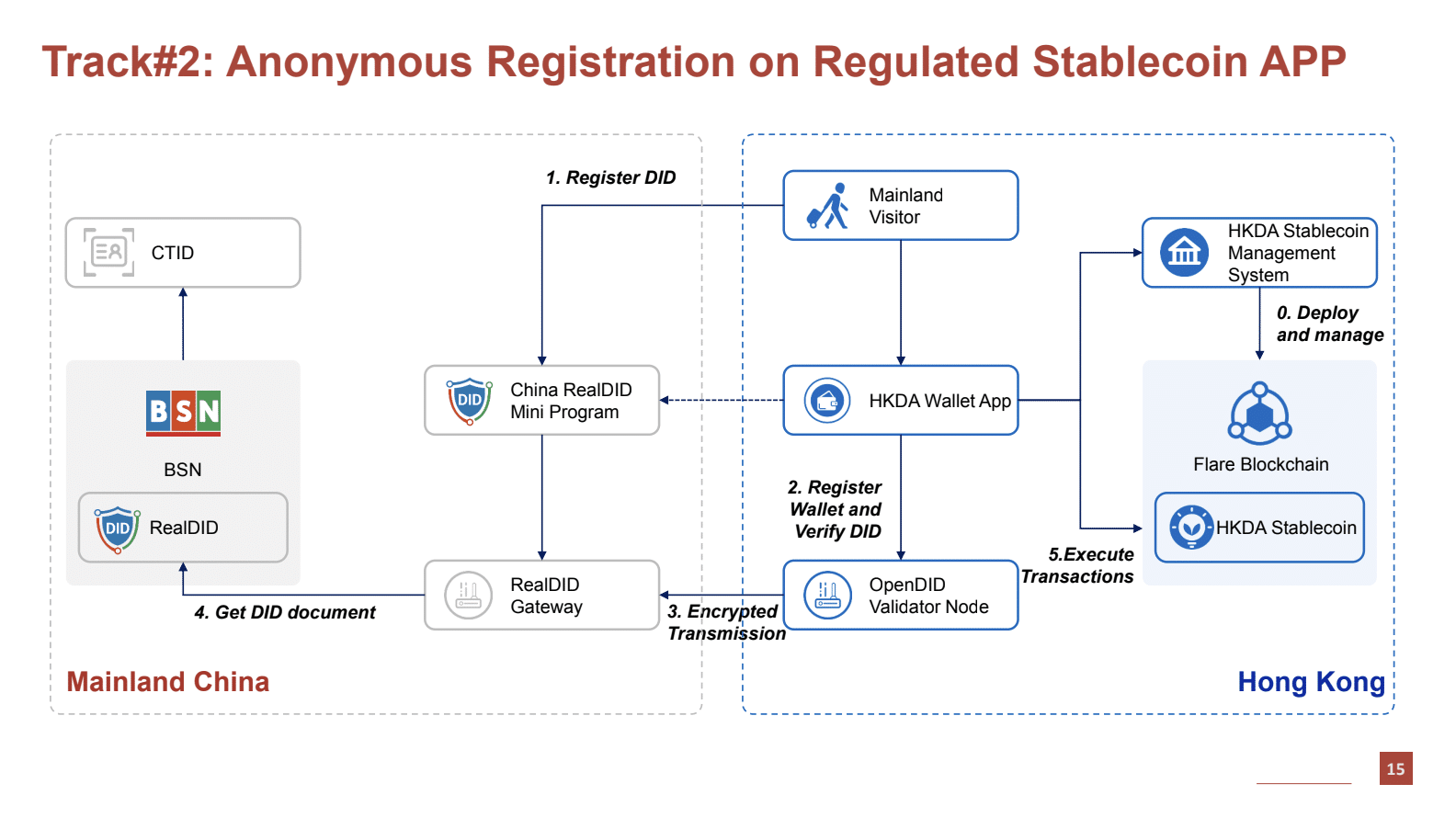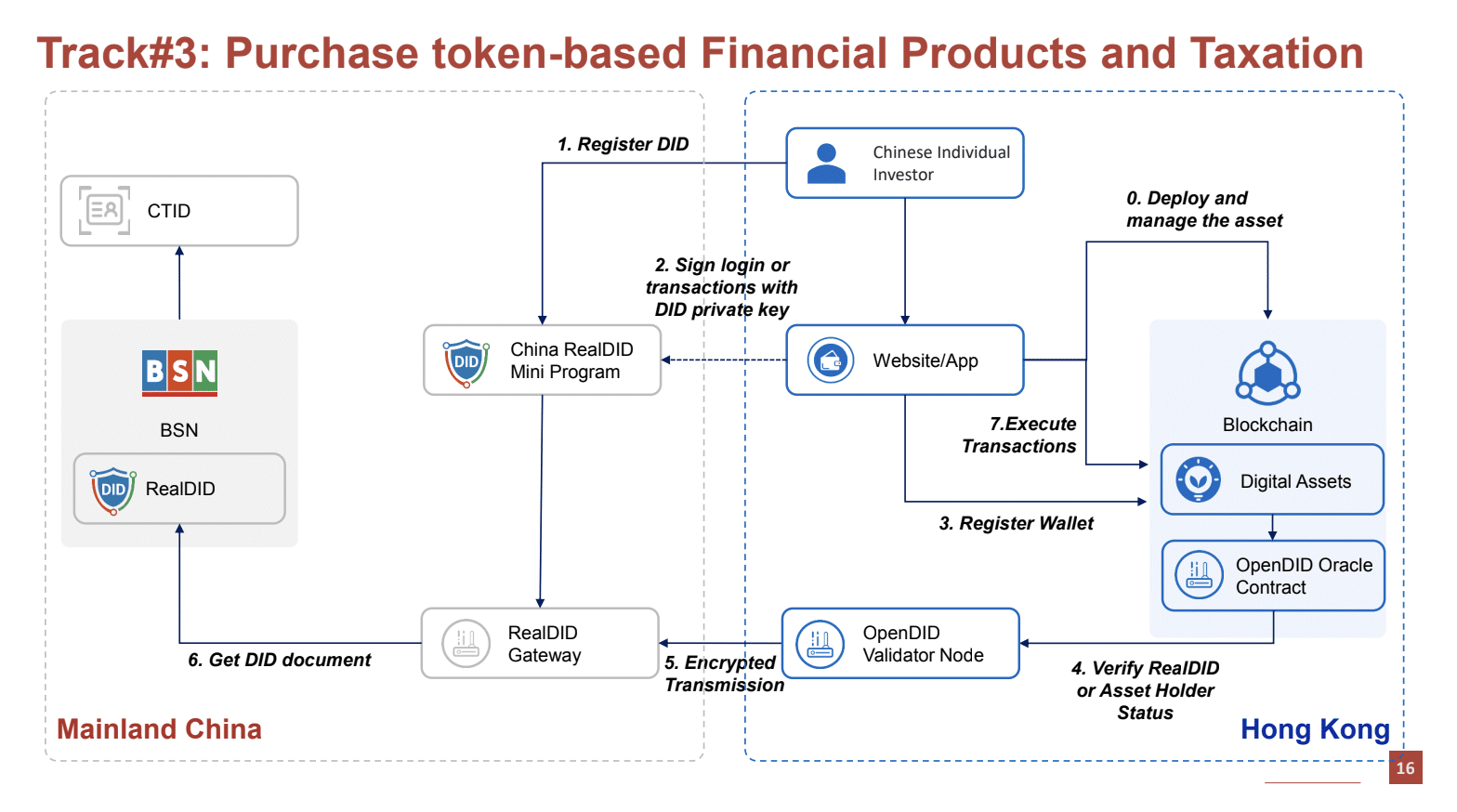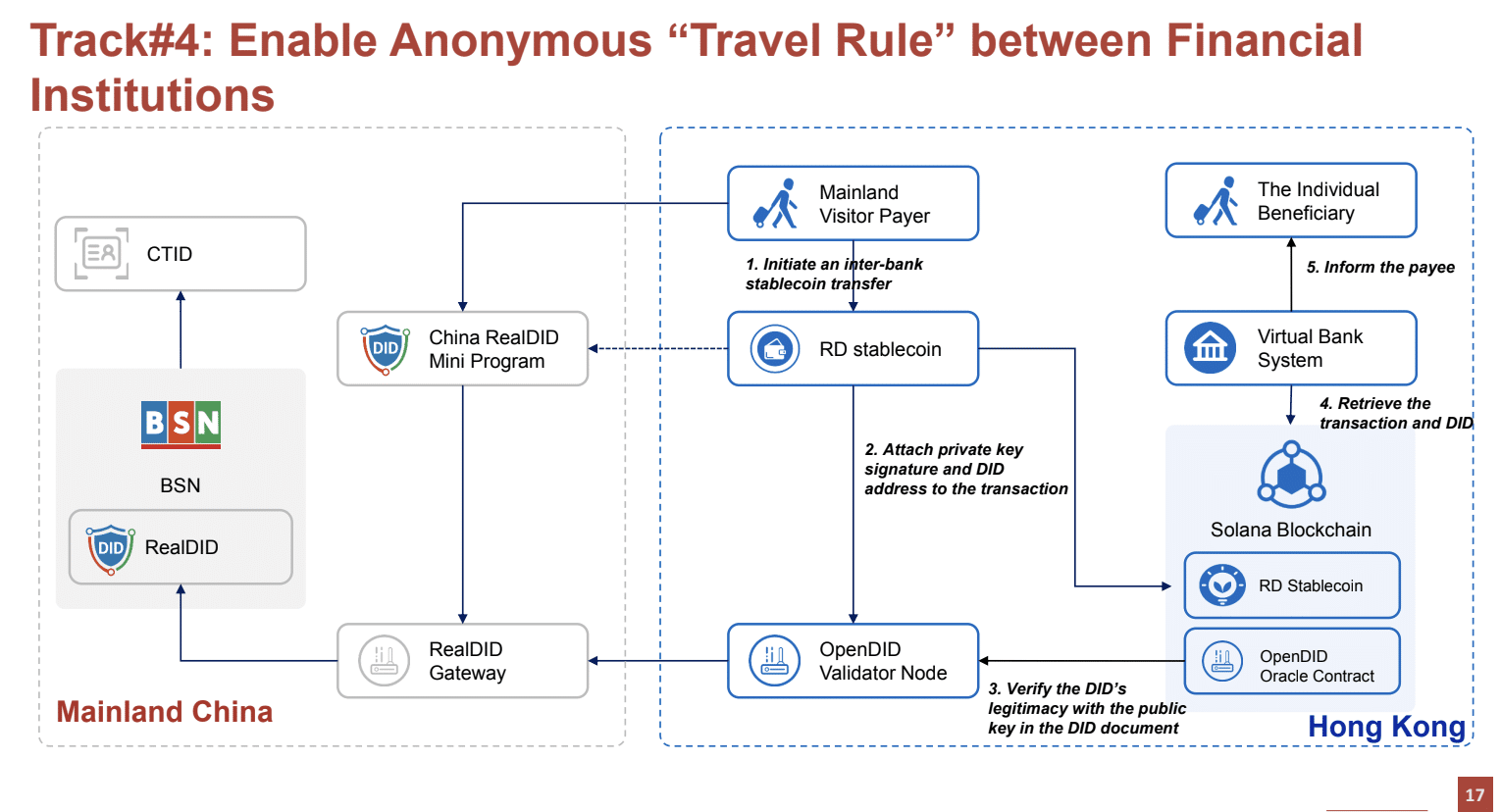Disclosure: The views and opinions expressed here belong solely to the author and do not represent the views and opinions of crypto.news’ editorial.
The pro-digital asset President-elect Donald Trump said at a Bitcoin Conference in July that he would create a Bitcoin “national stockpile,” adding to the US government’s existing Bitcoin (BTC) holdings of about 203,000, which has been sourced via asset forfeitures from high-profile criminal sting operations, to ensure that the US will be “the crypto capital of the planet and the Bitcoin superpower of the world.”
To lead the US Treasury Department, one of the most influential roles in government with comprehensive oversight of tax policy, public debt, international finance, and sanctions, Trump, after announcing that he would issue a USD-backed stablecoin, nominated a former George Soros macro hedge fund manager Scott Bessent who back on Sept. 16, 1992, shorted the fiat currency sterling out of the European Exchange Rate Mechanism [Information based on my interview of Scott Bessent at Soros Management in year 2000.]
Since the US elections, BTC’s price has thrust upwards 40%, touching a record high of $99,121 on Thursday, November 21, close to the $100,000 milestone (reaching $100,000 for the first time in December). As whales sold and guppies bought the historic BTC rally, taking a cue from Scott Bessent, some BTC whales shorted MicroStrategy stock, BTC ETF shares, and BTC mining stocks too. “As the use of cryptocurrencies grows in popularity for investors, criminals are deploying increasingly complex tactics to deceive and exploit the public,” warned Wayne A. Jacobs, special agent in charge of FBI Philadelphia. He continued:
“We urge consumers to stay vigilant when navigating this landscape and to report any suspected fraud to the Federal Bureau of Investigation (FBI) through the Internet Crime Complaint Center at ic3.gov.”
According to the Cryptocurrency Fraud Report for 2023, the FBI’s Internet Crime Complaint Center received more than 69,000 complaints from the public regarding cyber-enabled crime and financial fraud involving the use of cryptocurrencies for all schemes, which included data breaches/identity theft, government impersonation scams, SIM swap-enabled crypto theft, tech support, confidence and romance, investment and business fraud resulting in over $5.6 billion in reported losses. As a result of increased cybercrime, more people are becoming increasingly wary of handing over private personal data to centralized businesses due to security concerns. For example, upon downloading or signing up for an internet service, users most likely have to register some combination of the following: personal name, email address, home address, phone number, etc. However, these centralized businesses and applications have not been able to consistently securely store this personal information against hacker attacks.
Recently, the FBI charged five individuals—four US citizens and one Brit who are reportedly members of the notorious hacking group called Scattered Spider (aka Octo Tempest, Muddled Libra, 0ktapus, UNC3944), which has been linked to major data breaches/identity extortion campaigns and SIM swap-enabled crypto theft against as many as 100 multinational companies in the gaming, outsourcing, telecommunications and cryptocurrency fields often in collaboration with the infamous Black Cat/ALPHV ransomware group. Scattered Spider drew particular notoriety in September 2023 when its community members broke into and locked up the networks of casino operators Caesars Entertainment and MGM and demanded hefty ransom payments. Caesars paid about $15 million to restore its network, but MGM did not and incurred $100 million in loss of profits, according to news reports.
According to the FBI information, the quintuplet, who are all in their early 20s, have been charged in connection with a series of sophisticated identity theft/phishing schemes to trick targeted company employees into accessing company systems using the stolen information, to extract intellectual property and employee personal data, which they then used to hack employees cryptocurrency wallets, amassing millions in stolen funds. “We allege that this group of cybercriminals perpetrated a sophisticated scheme to steal intellectual property and proprietary information worth tens of millions of dollars and stole personal information belonging to hundreds of thousands of individuals,” told US attorney Martin Estrada. He continued:
“As this case shows, phishing and hacking have become increasingly sophisticated and can result in enormous losses. If something about the text or email you received or the website you’re viewing seems off, it probably is.”
DDID networks protect against identity theft and data leaks
Over 100 countries use national IDs, and many countries are exploring to operate decentralized digital identity (DDID) networks. Because identity impacts virtually every aspect of one’s life, from using online services, attending school, opening a financial account, voting in elections, obtaining medical services, buying property, securing employment, and getting concert/airline tickets. Vitalik Buterin, co-founder of Ethereum (ETH), at the Devcon 2024 event in Bangkok, pointed out that DDID networks are key to the global economy which is tokenizing, with “Ethereum [becoming] the world computer, an incredibly large and diverse on-chain economy, and an incredibly large and diverse global community…all at once.”
Digital identity is one of the world’s most significant technology trends, with the total addressable market for reusable identity in 2026 estimated to be somewhere between $133B and $533B globally. Governments worldwide recognize the strategic advantages of transitioning from traditional physical identification to more adaptable digital ID systems that include reusable identity designed to keep data under the control of its owner, reducing the risk of unauthorized access and preventing identity theft. These systems allow individuals to securely control their personal data, storing it in a digital wallet on their own device and only sharing specific information with verified entities when needed, thus eliminating a central point of vulnerability where hackers could steal large amounts of data. As more governments adopt DDID networks, traditional document-based identity verification that is subject to identity theft and data leaks will move toward obsolescence.
| Country | Blockchain-based digital identity system |
| Argentina | miBA |
| Australia | myGovID |
| Bhutan | The first country to join the Global Acceptance Network (GAN), |
| Brazil | National Civil Identity Card” (ICN), |
| Canada | Pan-Canadian Trust Framework (PCTF) is being developed by the Digital ID & Authentication Council of Canada (DIACC) |
| China | BSN, Red Date Technology, China RealDDID |
| Denmark | MitID |
| Estonia | e-Estonia X-Road system |
| EU | European Digital Identity eIDAS (SSI) solutions, in part due to the General Data Protection Regulation (GDPR), IOTA EU Digital Wallet |
| Finland | the world’s first digital passport in Finland |
| Germany | ID cards (Personalausweis) |
| India | Aadhaar |
| Israel | FindBiometrics |
| Japan | DNP, My Number Card |
| Netherlands | DigiD |
| Singapore | SingPass |
| South Korea | Mobile ID |
| Sweden | BankID |
| Switzerland | Procivis |
| Taiwan | IOTA, Taiwan Digital Identity Wallet |
| Turkiye | E-Devlet |
| United Arab Emirates | UAE Pass, |
| United Kingdom | Digital Verification Services |
| United States | MyGovID, The National Strategy for Trusted Identities in Cyberspace (NSTIC), “TruAge” for digital age verification based on W3C DIDs |
China launched the RealDID system
In Hong Kong, at the DID-Based Cross-Border Identity Summit held on November 8, 2024, Red Date Technology, together with China Mobile, OpenWallet Foundation, IDA, Flare, and Terminal 3, successfully launched a national-level blockchain-based system signalling a watershed moment for privacy-focused blockchain-based identity solutions with four groundbreaking cross-border use capabilities:
Track #1: China RealDID for entry inspection at the Hong Kong border. The unique relationship between Hong Kong and mainland China has spurred innovation in blockchain-based decentralized identity systems. Launched last year by China’s official identity management authority, RealDID is a national-level blockchain-based decentralized identifier system built by China’s state-backed Blockchain-based Service Network (BSN)’s Red Date Technology, which is a decentralized cloud infrastructure company.

The RealDID system, which uses real-name verification for cryptographic keys for both online and offline interactions while ensuring zero personal identifiable information exposure, allows Hong Kong residents to enter Mainland China and Chinese residents to enter China without providing physical entry documents. RealIDID system is expected to issue 5 million IDs through 2024. “China RealDID represents a monumental shift in how government-issued digital identity is managed, and we are proud to lead its first application trials outside Mainland China,” said Yifan He, CEO of Red Date Technology. As he continued:
“This milestone lays a solid foundation for anonymous identity authentication and verification across two shores, reflecting the international potential of Chinese blockchain technology to safeguard user privacy without compromising compliance.”
Tim Bailey, the vice president of global business and operations for Red Date Technology, explained to me in an interview:
“China RealDIDs can be used across different platforms and services, enabling seamless identity verification across borders. Currently, China RealDID presents the only practical and cost-effective approach to achieving privacy-preserving identity authentication and verification, which can be a blueprint for worldwide adoption, where each country builds its own national DID system, fostering both domestic and cross-border anonymous identity data exchange.”
Track #2 Anonymous registration on a regulated stablecoin wallet app and Track #3 Purchase of token-based financial products with built-in tax compliance were run by blockchain firms Flare, IDA, and Red Date Technology.


Tim Bailey said: “These two use cases demonstrated the China RealDID system’s ability to verify identities across borders while maintaining anonymity in know your customer and tax compliance processes. Users could sign up for regulated stablecoin apps and purchase tokenized financial products, with identity verification through China’s RealDID platform, and without submitting passport or ID document information.”
“The trial showed we can blend compliance with privacy,” said Hugo Philion, CEO of Flare Labs. “We are excited to lead the way in bringing decentralized solutions to new markets, particularly China, where the potential is unmatched.”
Track #4: Anonymous “Travel Rule” compliance between financial institutions.

Through RealDID the Travel Rule compliance between financial institutions for anonymous stablecoin transfers was implemented.” Tim added:
“These four trials each tackled a real-world scenario in privacy and identity verification using China RealDID. It demonstrated how a Chinese visitor to Hong Kong, by using their China RealDID instead of a physical travel permit, was able to leverage this encrypted identity—represented by a random string of numbers—to enter Hong Kong and complete KYC, tax compliance procedures for regulated digital asset financial services. During these four trials, the Chinese visitor’s identity remained fully anonymous and was protected against any data leaks or hackers, with only designated government authorities able to link the visitor’s DID to his or her real identity after going through legal due process.”

